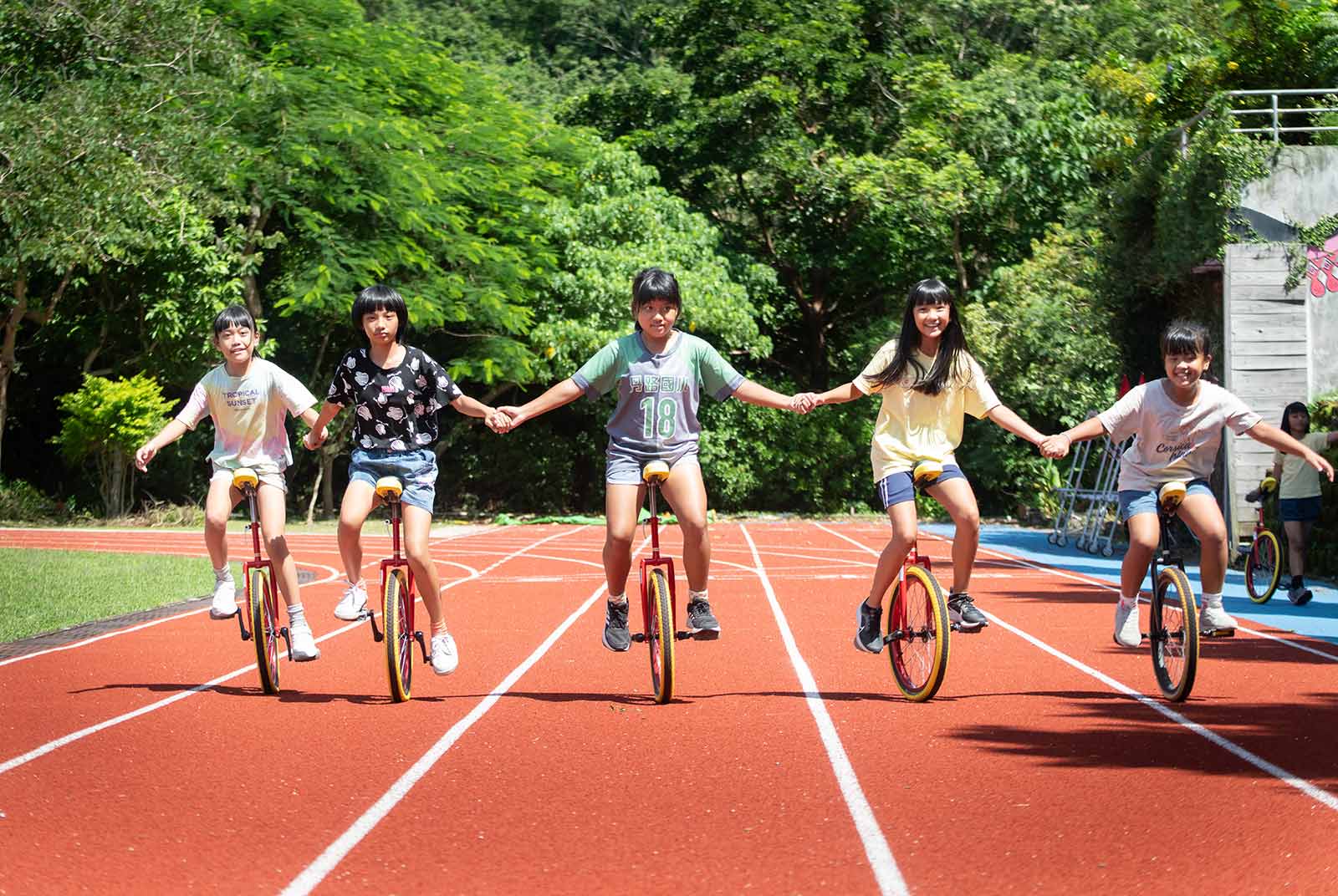The potential for Taiwan’s small schools

Source:Ming-Tang Huang
In this op-ed, Tristan Reynolds discusses the unique opportunity Taiwan faces in declining population and consequent reduction in school enrollments. To transform big schools into small schools with 400 students or fewer to enhance academic achievement, and increase student safety and connectedness.
Views
The potential for Taiwan’s small schools
By Tristan Reynoldsweb only
Taiwan’s falling population has created plenty of worries about the future of the Taiwanese education system. The overall enrollment in Taiwanese junior & senior high schools is expected to drop by more than 1.5 each year for the next decade. Some schools, facing declining enrollment, are already being monitored for potential closure.
However, this situation also means that Taiwan has a rare educational opportunity. Schools in Taiwan can move towards becoming intentionally small schools. These schools, of 400 students or fewer, have a freedom to focus on building strong relationships with students, their families, and the communities in which they teach.
There are significant academic benefits to smaller schools. Research going back several decades has found that smaller schools better promote student academic achievement, and that small schools (of 400 students or less) consistently outperform larger schools on a host of measures, including academic achievement, student safety & connectedness to school, and stronger teacher-student relationships. When New York moved to shrink school sizes, for example, student achievement went up even as costs remained level.
These benefits are, on their own, positive goals that Taiwanese schools should strive for. However, these benefits also clearly respond to identified shortcomings in the current Taiwanese educational landscape.
Approximately 15% of students in Taiwan report that they feel dissatisfied with their lives, and 13% percent report that they are specifically disconnected from others at school. A report on small schools from the Bank Street College of Education in Chicago found that “[s]tudents were highly engaged in their small schools and felt a responsibility toward their school akin to citizenship. The high level of student involvement in the small schools, coupled with their sense of community, helped keep the students interested and involved in their schools.” In other words: by placing students in a smaller, more connected school, educators were able to address the sense of disconnection and dissatisfaction that many students feel at school.
Over the past several decades, Taiwan has made significant progress in reducing class sizes for students. On measures of both class size and teacher-student ratios, classes in Taiwanese schools have shrunk by 40-50% over the past 30 years. Since 2018, as class sizes have shrunk in Taiwan, there’s been a small rise in Taiwanese students’ reported sense of belonging in secondary schools. While small correlations like this don’t provide a strict causal mechanism for explaining the rise in students’ sense of belonging, they can point policymakers in the right direction. Combined with the other research on the benefits of small schools, the connection between a sense of connectedness to school, and the size of the school itself, tell us that Taiwan can move to smaller, stronger schools over the next decade.
Smaller schools can also help to close the persistent gap in student achievement. Taiwan’s latest PISA results indicate that there is a wide achievement gap, especially in mathematics, between Taiwan’s wealthiest and poorest students. A study of New York’s decade of opening small high schools found that, for economically disadvantaged students, graduation rates improved by almost 10%. Authors of another study found that “three features of students’ high school experience [at small high schools]—academic rigor, personalized learning, and teacher/student respect… are promising levers for helping disadvantaged students” improve their educational achievement levels. This means that, for the students most in need of strong schools, a move to small schools can disproportionately benefit them.
In other words, the Taiwanese Ministry of Education has the chance to move in a direction that both fits the demographic realities of the country, but which also positions Taiwan’s schools to better help the students who need it most.
On the policy level, the Experimental Schools regulations, which date back to 2014, provide one option to create small schools of choice for students. At the same time, as CommonWealth has previously reported, there’s a growing understanding that “small schools must be run based on a different model,” according to NTU professor emeritus Lee Ji-ren. This requires a commitment to both professional development for teachers, as research on small schools in America has found this to be a vital component of their success, and a commitment to faculty autonomy, which helps promote authentic learning and teacher-student relationships.
These are shifts that require more investment in personnel than in facilities, but these gifts would also provide opportunities to partner with internationally-minded education programs.
Taiwan’s schools will shrink as its population declines. That is a mathematical necessity. However, it also provides the Taiwanese Ministry of Education with the chance to embrace the future and deliberately craft a policy to take advantage of the opportunity to build responsive, relationship-focused small schools.
(This piece reflects the author's opinion, and does not represent the opinion of CommonWealth Magazine.)
About the author:

Tristan Reynolds is an educator and writer based in Taipei. He has worked with a variety of organizations in the US & Taiwan to improve teacher effectiveness, student achievement, and educational equity. He holds an M.S.Ed. from Johns Hopkins University, and is a 2021 Teach For America alumni.
Have you read?
- Why are Taiwanese school kids exhausted and afraid of failure?
- Estonia's PISA success: Leaving no child behind
- How Estonia education eliminates urban-rural disparity
Uploaded by Ian Huang






